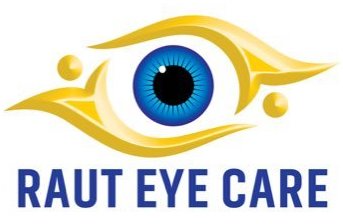
Intraocular Lens Implantation (IOL) is a surgical procedure to replace the natural lens of the eye with an artificial lens.The natural lens of the eye can become cloudy or opaque due to cataracts or other conditions, which can affect vision.
The artificial lens, or IOL, is designed to correct a person's vision and improve their sight.The procedure is typically done under local or general anesthesia and takes about an hour.
During the procedure, the eye surgeon makes a small incision in the cornea and carefully removes the natural lens.The artificial lens is then placed in the eye and positioned correctly.
The surgeon will then close the incision, and the patient will be monitored for a few hours before being discharged.After the procedure, the patient may experience some discomfort and light sensitivity for a few days, but these should resolve.
The patient should follow up with the eye doctor in order to monitor recovery and ensure the implant is functioning properly.






